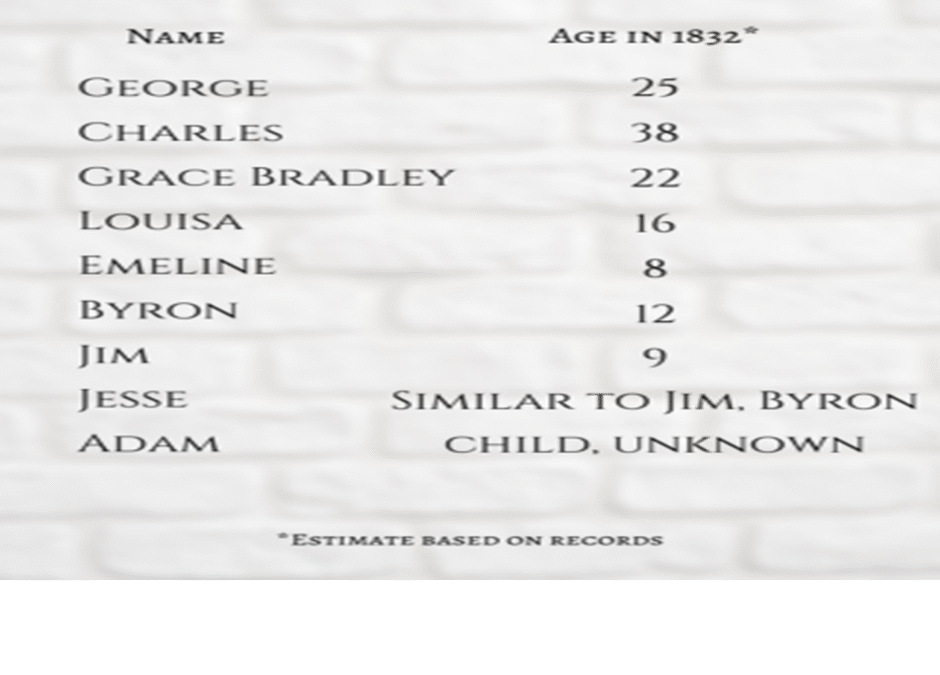TWELVE US PRESIDENTS HAD owned slaves at some time in their lives. Of the first ten American presidents, eight owned slaves whilst in office or before being elected to office. Only two, the father and son duo of John Adams and John Quincy Adams, were life-long anti-slavery advocates. In fact, in 1841, John Quincy Adams represented and secured the release of the slaves who rebelled on the slave ship Amistad and ended up as prisoners in New York.
Some presidents even took their slaves with them to the White House. Presidents Madison and Andrew Jackson, for instance, had their slaves at the Executive Mansion, as the White House was formerly called. Zachary Taylor was the last to own slaves while still president. Ulysses S. Grant was the last president who had owned slaves. What chance of redemption did Africans and their descendants have with political luminaries with such slave credentials holding top offices in Washington DC? None whatsoever until Abraham Lincoln came along.
But wait a minute! Abe Lincoln’s avowed goal, from his own mouth, was not to free the slaves but to preserve the Union. If the slaves were to be freed in the process, so be it; collateral emancipation.
Andrew Jackson, the 7th US president was the American president from 1829 to 1837. General Andrew Jackson was a former slave trader and slaveholder before he was president, while he was president and even after leaving the presidency. Slavery made this man a fortune estimated to have been in tens of millions of dollars. In his life Andrew Jackson owned hundreds of slaves, killed at least one person in a duel, took part in the massacres of Native American people and as president he signed a bill that forced the Native Americans from their land.
Slave traders like Andrew Jackson were the most callous and usually the most uncouth cog of the American slave trade system. However, these traders were a necessary cog of the American internal slave trade. The slave traders were intensely despised by slaves, and together with slave breeders, were looked down upon by white society.
The slave traders, who made their American dream come true at the expense of Africans and their descendants, preferred to be called by the more dignified name of speculators. This, however, did not change the nature of their trade. Their other more apt name was that of the Grim Separators.
The reason fellow white slavers reviled slave traders was that when it was time for them or their families to deal with them, it meant they were down in the dumps, or worse, they were dead. This dislike of slave traders, the above notwithstanding, was hypocritical. The Americans had made slaves chattels and buying and selling them was a common occurrence. So, for the agent to become a figure of hate in the American society was affected piety.

